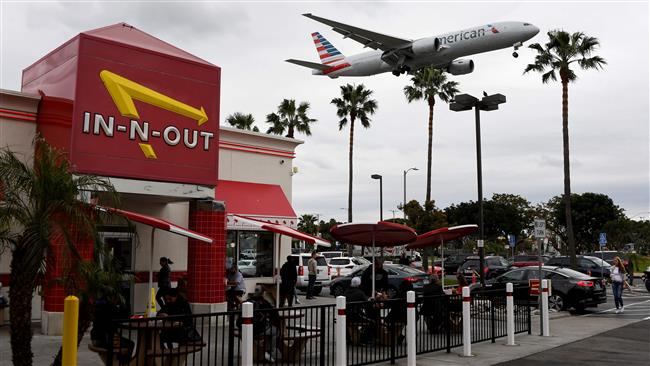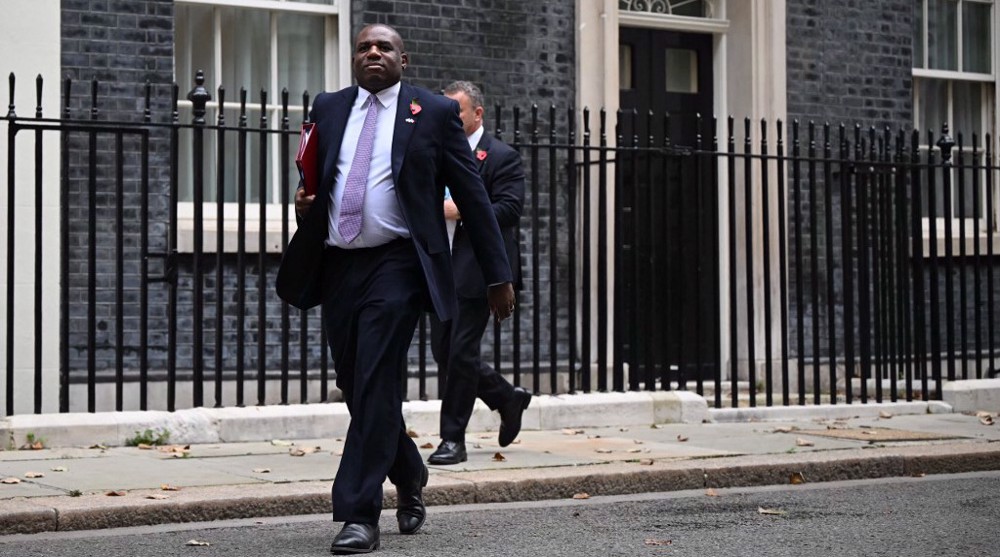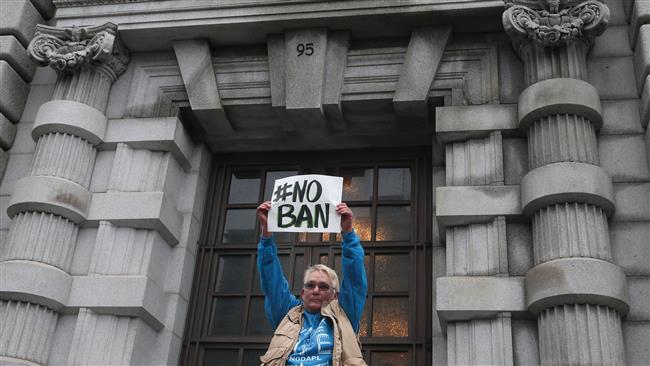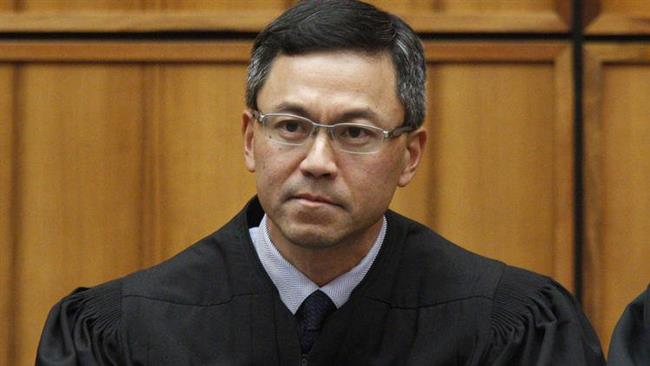If they don’t hand in passwords, Britons, Germans, Frenchmen could be denied entry to US
As US President Donald Trump is mulling a tougher border action, reports say that his new “extreme vetting” policy could make agents ask Britons, Germans and the French entering the country to hand in passwords for their digital devices and social media pages or risk being denied entry.
The policy under consideration in the White House can require the tourists to reveal personal data, disclose financial information or even face lengthy and detailed ideological questioning ahead of entering.
“All international travellers arriving to the US are subject to US Customs and Border Protection (CBP) inspection. This inspection may include electronic devices such as computers, disks, drives, tapes, mobile phones and other communication devices, cameras, music and other media players and any other electronic or digital devices,” the US Border Patrol and Protection told The Guardian on Sunday.
“Keeping America safe and enforcing our nation’s laws in an increasingly digital world depends on our ability to lawfully examine all materials entering the US,” it added.
The UK Foreign Office, meanwhile, declined to comment or provide advice for the tourists.
The soc-called “extreme vetting” of foreign nationals is part of the new president’s measures to fight terrorism.

The Electronic Frontier Foundation, an American NGO campaigning for digital civil rights, also acknowledged that the tourists could truly be deported by an agent if they refuse to cooperate in this regard.
“Border agents cannot deny a US citizen admission to the country. However, if a foreign visitor declines, an agent may deny them entry,” it said. “If a foreign visitor refuses a border agent’s demand to unlock their digital device, provide the device password, or provide social media information, and the agent responds by denying entry, the foreign visitor may have little legal recourse.”
Trump’s executive order to ban travelers from some Muslim-majority countries has so far been blocked in courts twice.
Nov. 15: ‘Axis of Resistance’ operations against Israeli occupation
Scholz-Putin phone call opens ‘Pandora’s box’: Zelensky
Trump’s pick for attorney general accused of sex with minor, drug abuse
VIDEO | Press TV's news headlines
Hezbollah drone strike cuts electricity in Nahariya
Two Palestinian inmates die in Israeli custody due to ‘slow death’ policy
VIDEO | Germany's arms trade with Israel fuels election tensions
Nikki Haley faces protests over Israeli genocide support on Oxford visit












 This makes it easy to access the Press TV website
This makes it easy to access the Press TV website